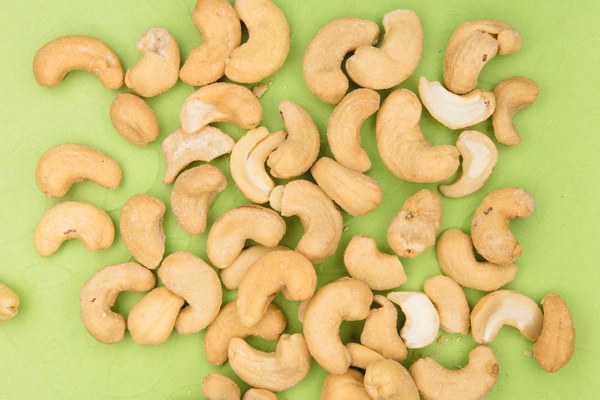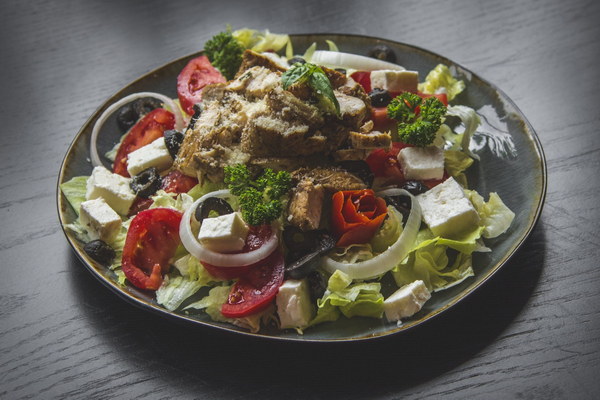Balancing the Spleen and Stomach A Holistic Approach to Traditional Chinese Medicine
In Traditional Chinese Medicine (TCM), the health of the spleen and stomach is considered crucial for overall well-being. The spleen and stomach are not only responsible for digestion and nutrient absorption but also play a significant role in the body's immune system, energy production, and emotional balance. This article delves into the concept of Yang Shang Pi Fen, or distinguishing the spleen and stomach in syndromes, and explores various strategies for maintaining a balanced spleen and stomach.
1. Understanding the Spleen and Stomach in TCM
The spleen and stomach are two organs that work closely together in TCM. The spleen, often referred to as the controller of transformation and transportation, is responsible for transforming food into energy and nutrients. The stomach, on the other hand, is known as the receptacle of food and drink, which receives and processes the food we consume.
When the spleen and stomach are in harmony, the body receives the nutrients it needs, and energy (Qi) is produced efficiently. However, when there is an imbalance, it can lead to various health issues, such as digestive disorders, fatigue, and mood swings.
2. Symptoms of Spleen and Stomach Imbalance
Identifying the symptoms of a spleen and stomach imbalance is essential for implementing the right treatment. Common symptoms include:
- Digestive issues, such as bloating, gas, diarrhea, or constipation
- Fatigue, weakness, or lack of energy
- Poor appetite or overeating
- Dizziness or lightheadedness
- Clear or cloudy urine, frequent urination
-Pale, puffy, or bloated face

- Sore or achy muscles
- Weakness in the legs
3. Strategies for Balancing the Spleen and Stomach
Treating a spleen and stomach imbalance involves addressing the root cause and adopting a holistic approach. Here are some strategies to consider:
a. Diet: A balanced diet rich in whole grains, vegetables, and lean proteins can help nourish the spleen and stomach. Avoid cold, raw, or difficult-to-digest foods, as they can further disrupt the balance.
b. Herbs and Supplements: TCM practitioners often prescribe herbs and supplements to support the spleen and stomach. Some commonly used herbs include Astragalus, Codonopsis, and Atractylodes. Consult with a qualified TCM practitioner before starting any herbal regimen.
c. Acupuncture: Acupuncture can help restore balance to the body by stimulating specific points related to the spleen and stomach. This treatment can alleviate symptoms and improve overall health.
d. Exercise: Regular, gentle exercise can enhance the spleen's function and improve digestion. Activities such as walking, tai chi, or yoga are ideal.
e. Stress Management: Stress can affect the spleen and stomach, leading to an imbalance. Techniques such as meditation, deep breathing exercises, and mindfulness can help manage stress levels.
f. Lifestyle Modifications: Ensure adequate sleep, avoid smoking and excessive alcohol consumption, and maintain a consistent sleep schedule to support the health of the spleen and stomach.
4. Conclusion
Balancing the spleen and stomach is essential for maintaining overall health in TCM. By adopting a holistic approach, including diet, herbs, acupuncture, and lifestyle modifications, individuals can achieve a healthier, more balanced life. If you suspect an imbalance in your spleen and stomach, consider consulting with a TCM practitioner to receive personalized advice and treatment.









